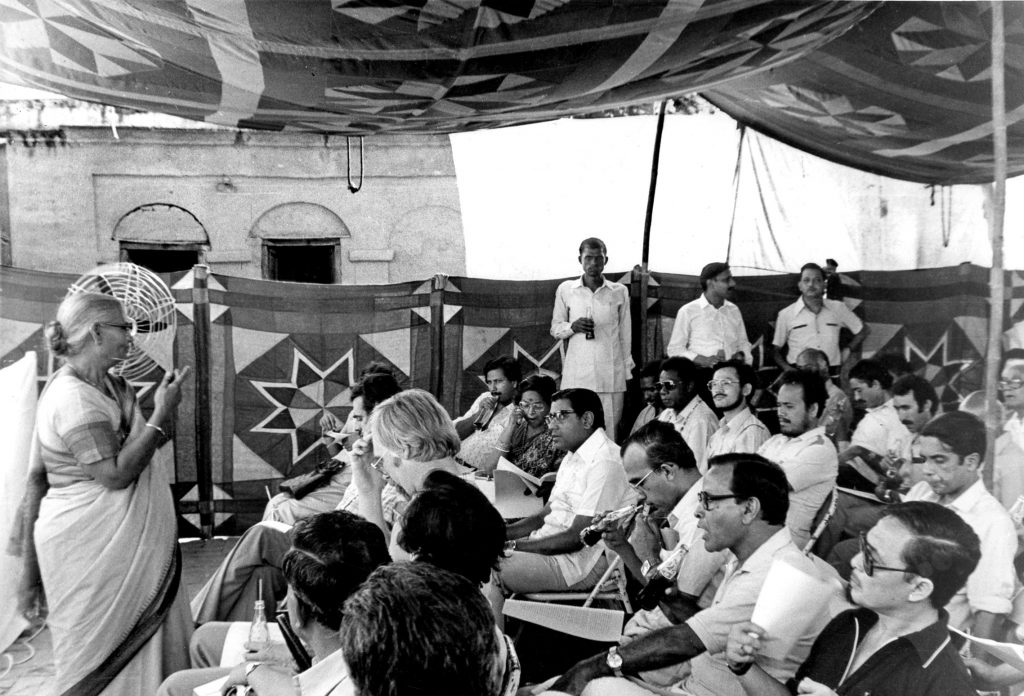Global citizenship education has an important role to play in ensuring that the world that emerges from the COVID-19 crisis is safe, fair and inclusive, argues Christiana Nikolitsa-Winter

The spread of COVID-19 represents an unprecedented challenge for humanity. As well as taking a huge toll on healthcare systems around the world, it is also having a major negative impact on labour markets and economies. People get ill, many will die, but very many will also lose their jobs, and a large number of small and medium-sized enterprises will close.
The heaviest price will be paid by those who are already worst off, whose jobs are the most precarious and least well paid. While the virus does not discriminate, there is a danger that it will impact disproportionately on poorer people and poorer communities, thus exacerbating existing inequalities. Continue reading

